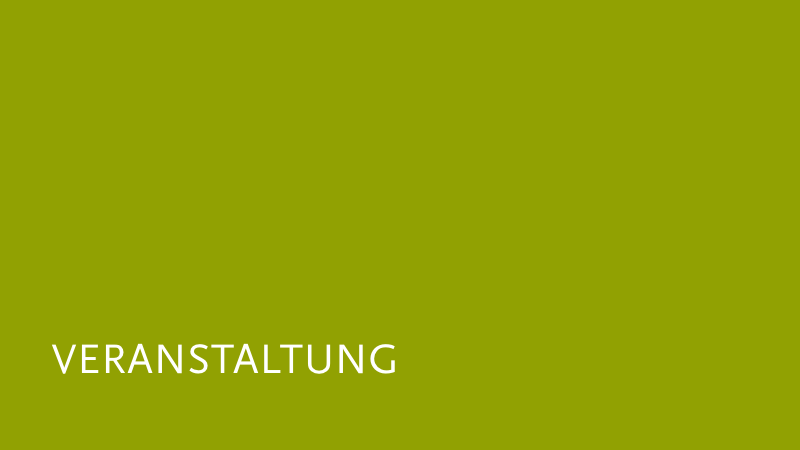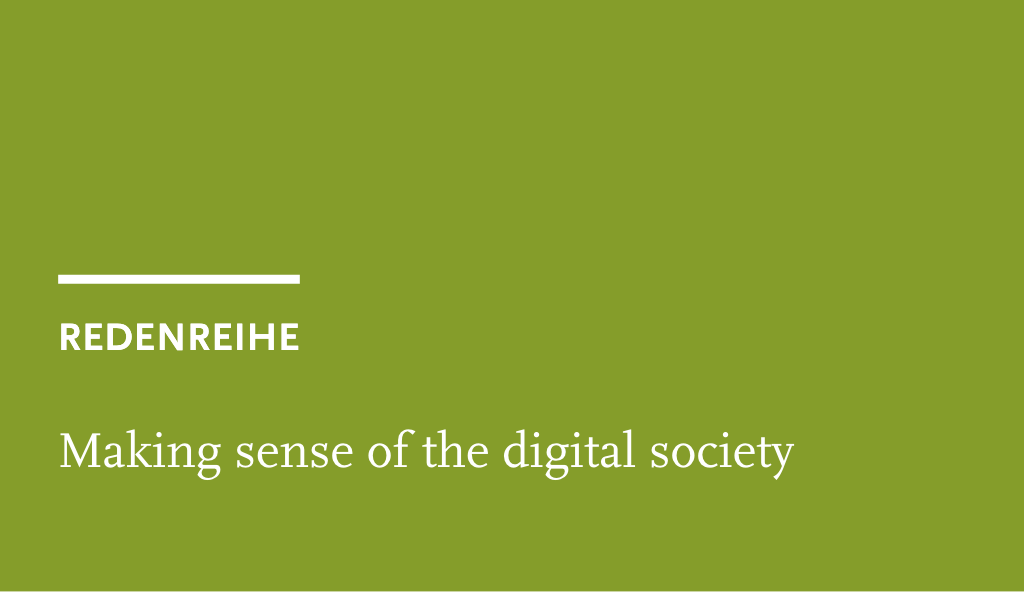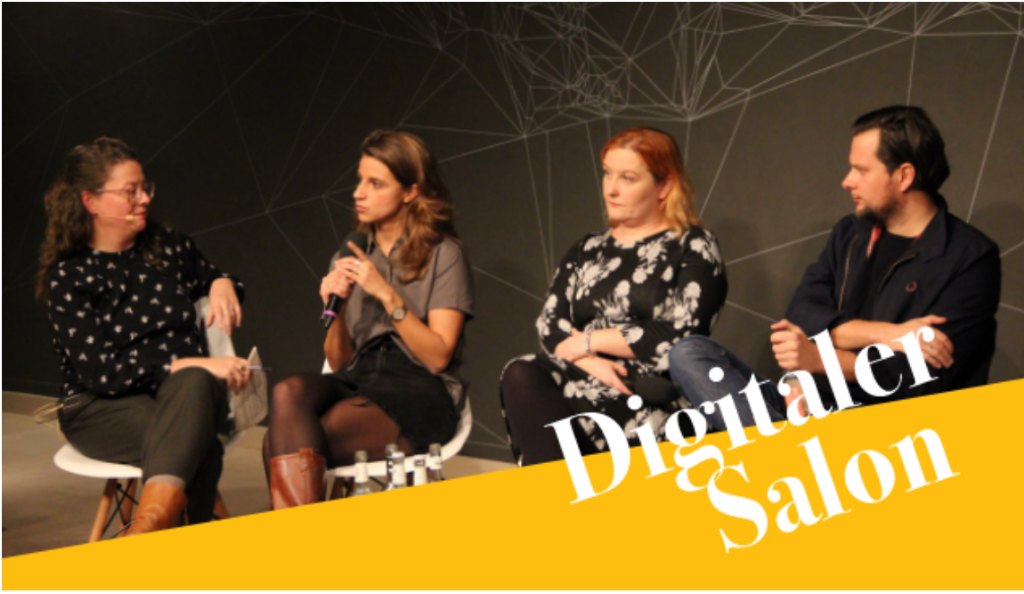
Workshop: The Turn to AI in Governing Communication Online
Das HIIG und Access Now organisierten am 20. März 2018 eine Expertenworkshop zu den derzeitigen und zukünftigen Möglichkeiten mit künstlicher Intelligenz (artificial intelligence systems) Online-Kommunikation zu regulieren. Der Workshop fand auf Englisch statt.
The technology underlying artificial intelligence research has increasingly found applications in the area of content moderation and communication governance on digital platforms. While the scale of problematic online content makes a stronger move reasonable, taking down content through automated means can be risky for online expression and access to information. Amid an obscure use of AI-systems, opaque implementation, vague definitions and a lack of accountability, governments, advertisers and even users are heavily pressuring companies to take action. Policy-makers in EU members states have already responded with new regulatory initiatives.
On March 20, 2018 the Alexander von Humboldt Institute for Internet and Society (HIIG) and Access Now organized the one-day Expert Workshop „The turn to artificial intelligence in governing communication online“.
International experts from academia, politics, civil society and business gathered in Berlin to discuss technological advancements, the extent of ‚artificial intelligence‘ deployment and the range of approaches to understanding the status and future impact of AI-systems to govern social communication on the internet.
Workshop Report
A workshop report has been published in September 2018. It summarises and documents the authors’ main takeaways from the discussions. The comments, questions and responses from experts also fed into the report. It is intended to contribute current perspectives to the discourse on AI and the governance of communication.
The full report (pdf) is available for download.
Themes
The workshop was organized around problem-oriented questions in order to map challenges in the field.
- Who are the primary agents of the socio-technical change to artificial intelligence in content moderation?
- How is the turn to AI influenced (e.g. governance instruments)?
- Why is the process of change accepted, or not?
The final programme consisted of two impulse statements covering socio-technical challenges, limitations and expectations of ‚AI‘. We were also very delighted that the UN Special Rapporteur David Kaye and Tarleton Gillespie of Microsoft Research were able to participate in the discussion remotely. In four thematic sessions all participants actively contributed their expertise and knowledge.
The workshop served as vantage point for a fruitful exchange both between academic disciplines as well as between academics, civil society and practitioners with diverse backgrounds and interests. As we embark on this critical and forward-looking work area, we invite people to stay in touch with us, and hope to contribute to the discourse on „AI and communication governance“ within our research and advocacy networks in the future.
Follow us on Twitter, #turn2AI
Programme
| 09:00 | Welcome and Introductions Fanny Hidvégi (Access Now) Kirsten Gollatz (HIIG) Christian Katzenbach (HIIG)… and all participants |
| 09:45 | Impulse Statements Malavika Jayaram (Digital Asia Hub) Nick Feamster (Princeton University) |
| 10:30 | Session 1: Detecting and Classifying Content Moderator: Christian Katzenbach (HIIG) With contributions by: Renata Barreto (UC Berkeley) Sabine Frank (Google) Emma Llansó (Center for Democracy & Technology) Fabrizio Augusto Poltronieri (De Montfort University) Betty van Aken (Beuth University) Zeerak Waseem (University of Sheffield) |
| 11:30 | Coffee Break |
| 12:00 | Session 2: Humans and Machines – Division of Labour, Practices Moderator: Kirsten Gollatz (HIIG) With contributions by: Johannes Baldauf (Freelance Consultant) Ulrike Klinger (Freie Universität Berlin, Weizenbaum Institute) Iva Nenadic (European University Institute) Sarah T. Roberts (UCLA, remotely) Jeremy Rollison (Microsoft) Mirko Vossen (die medienanstalten) Jillian C. York (EFF) |
| 13:00 | Lunch Break |
| 14:00 | Session 3: Policy and Governance Instruments Moderator: Fanny Hidvégi (Access Now) With contributions by: Prabhat Agarwal (EU Commission) Amélie Heldt (Bredow-Institute, HIIG) Joris van Hoboken (Vrije Universiteit Brussels) Michael Latzer (University of Zürich) Ramak Molavi (iRights.Law) Erin Marie Saltman (Facebook, remotely) Florent Thouvenin (University of Zurich) |
| 15:00 | Coffee Break |
| 15:30 | Remote Intervention: Tarleton Gillespie (Microsoft Research New England) |
| 15:45 | Session 4: AI and Society-in-the-Loop: Societal Implications Moderator: Christian Katzenbach (HIIG) With contributions by Amar Ashar (Berkman Klein Center) Lisa Gutermuth (Ranking Digital Rights) Aphra Kerr (Maynooth University) Tilo Mentler (University of Lübeck) Kevin Morin (Institut National de la Recherche Scientifique Canada) Jörg Pohle (HIIG) Matthias Spielkamp (Algorithm Watch) |
| 17:00 | Remote Intervention: David Kaye, UN Special Rapporteur |
| 17:30 | Wrap-Up and Way Forward |
| 18:00 | End of Workshop |
Organisers
The Alexander von Humboldt Institute for Internet and Society (HIIG) explores the dynamic relationship between the Internet and society, including the increasing interpenetration of digital infrastructures and various domains of everyday life. Its goal is to understand the interplay of social-cultural, legal, economic and technical norms in the process of digitisation.
Access Now is an international not-for-profit civil society organisation that defends and extends the digital rights of users at risk around the world. We are a team of 40, with local staff in 10 locations around the world. We maintain four legally incorporated entities – Belgium, Costa Rica, Tunisia, and the United States – with our tech, advocacy, policy, granting, and operations teams distributed across all regions. By combining innovative policy, user engagement, and direct technical support, we fight for open and secure communications for all. Access Now focuses on freedom of expression, privacy and data protection, network discrimination and internet shutdowns, cybersecurity and more.

DIGITAL SOCIETY VORTRÄGE
Diese exklusive Vorlesungsreihe entwickelt eine europäische Perspektive zu den aktuellen Transformationsprozessen innerhalb unserer Gesellschaft.
DIGITALER SALON
Einmal im Monat laden wir ausgewählte Gäste ein, um gemeinsam mit dem Publikum über die Auswirkungen der Digitalisierung auf die Gesellschaft zu sprechen.
NEWSLETTER
Erfahren Sie als Erstes über neue Events und spannende Forschungsergebnisse.

